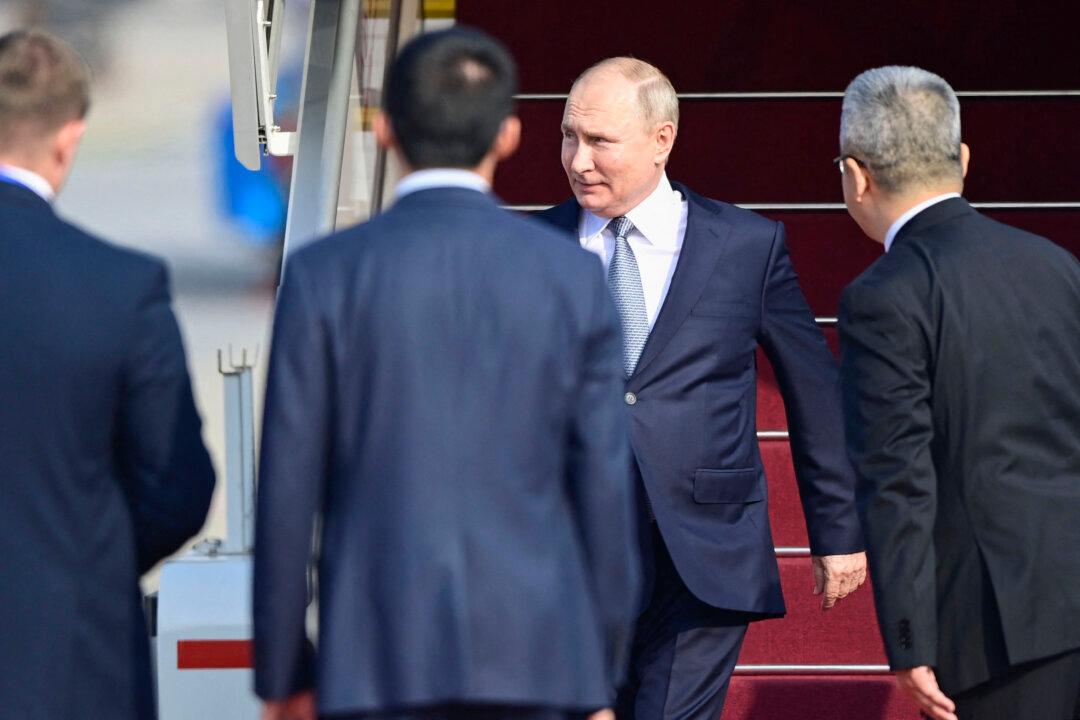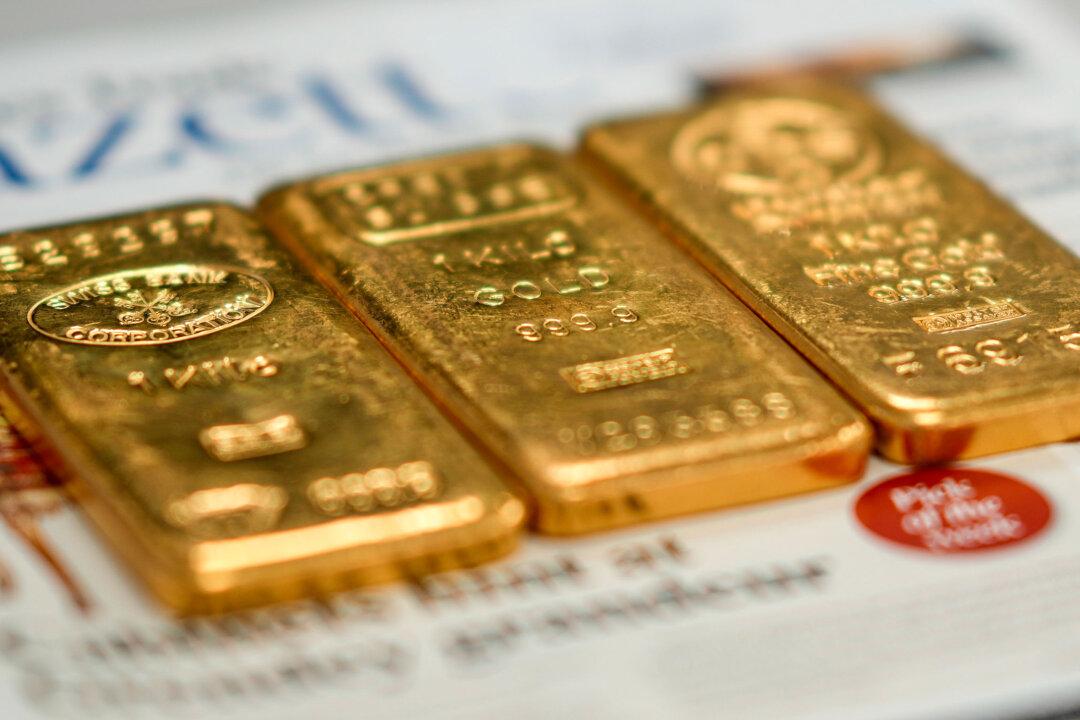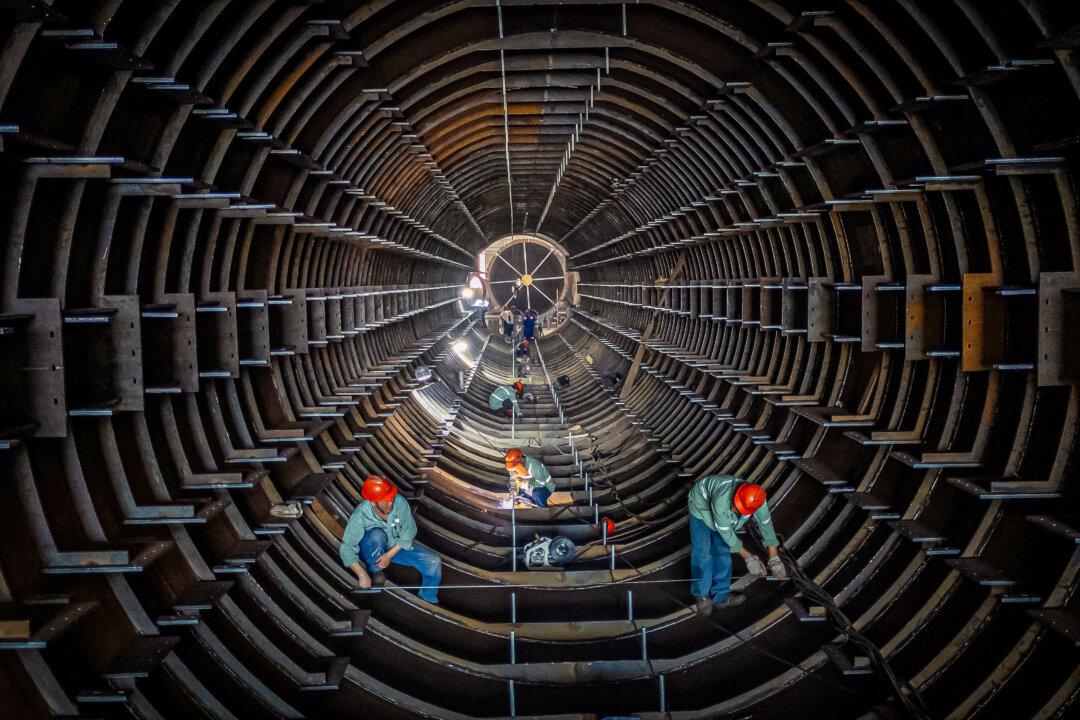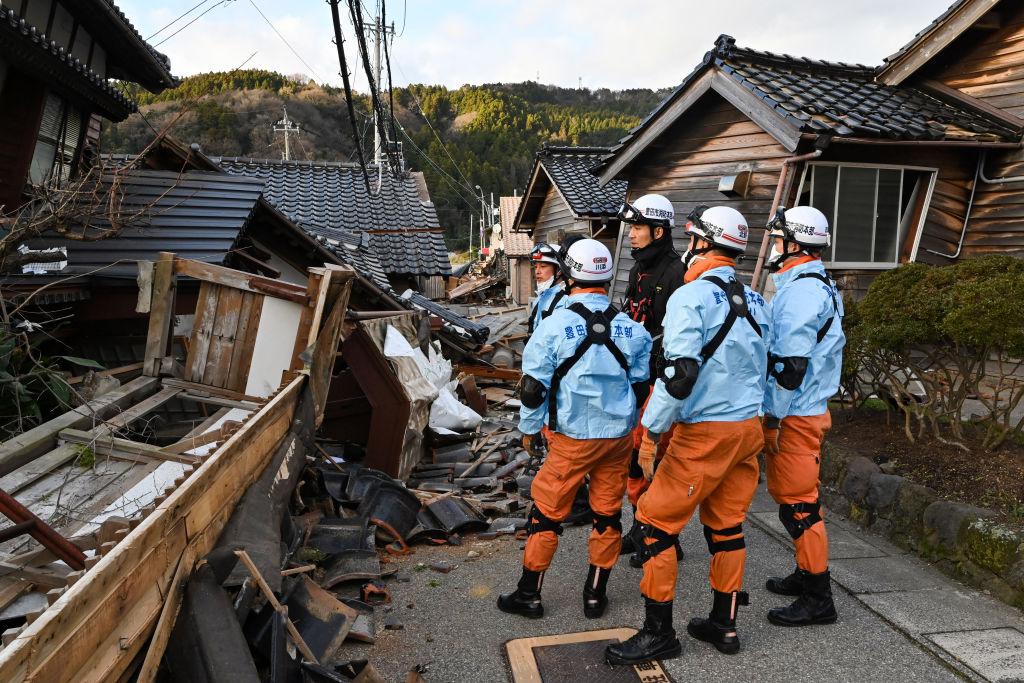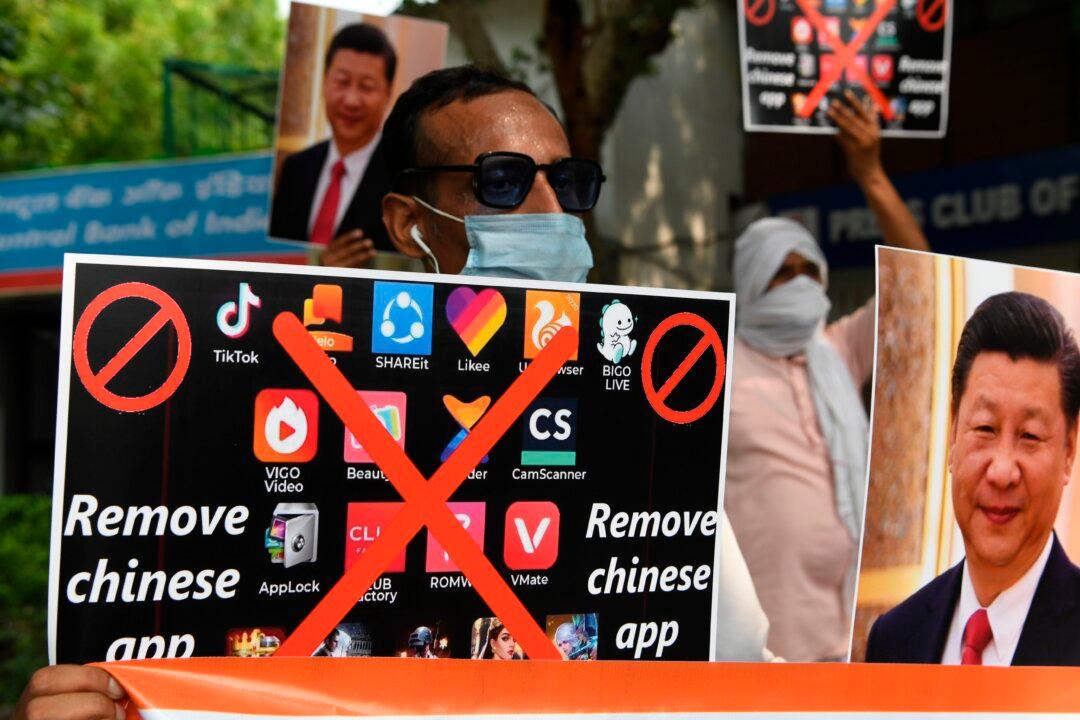U.S. Treasury Secretary Janet Yellen, at the end of her April 4–8 visit to China, warned Beijing of “significant consequences” if Chinese companies provide assistance to strengthen Russia’s military capabilities.
Shortly after Ms. Yellen’s rare direct warning, Russian Foreign Minister Sergey Lavrov also visited China, indicating that Russia would strengthen its ties to the Chinese Communist Party (CCP).
